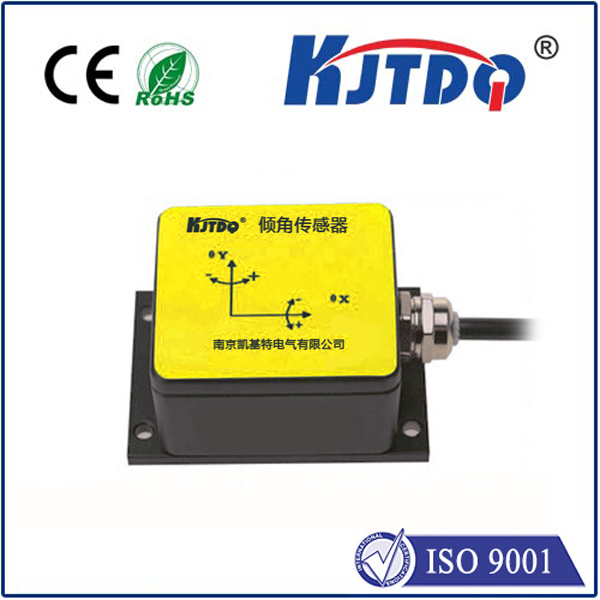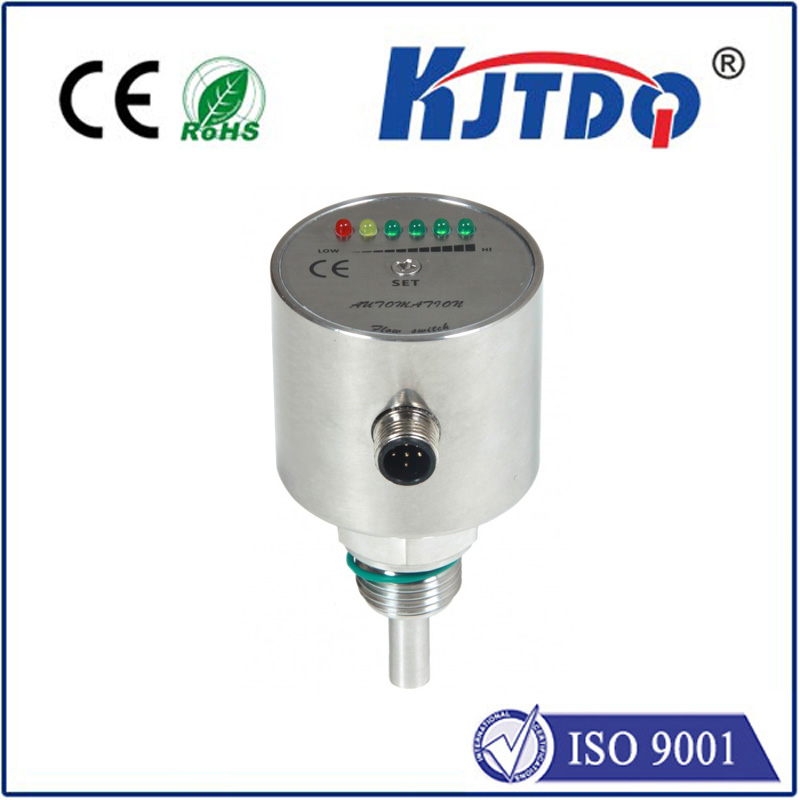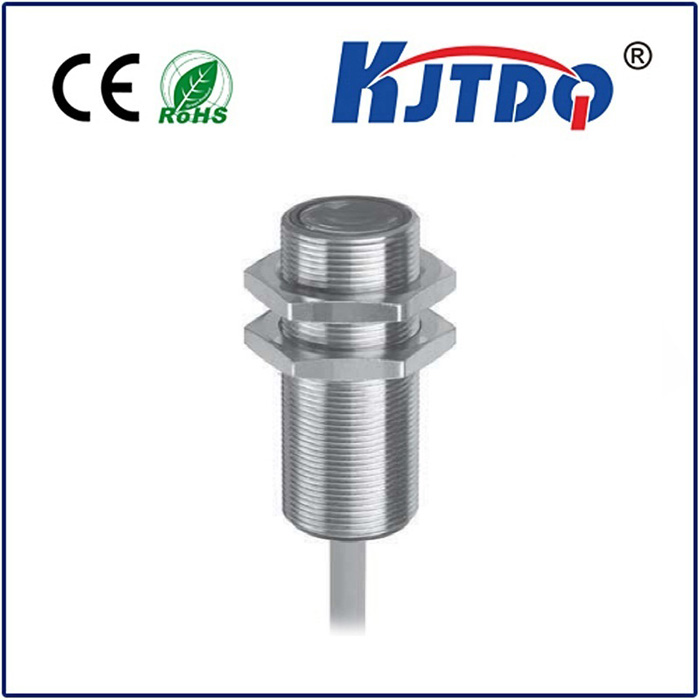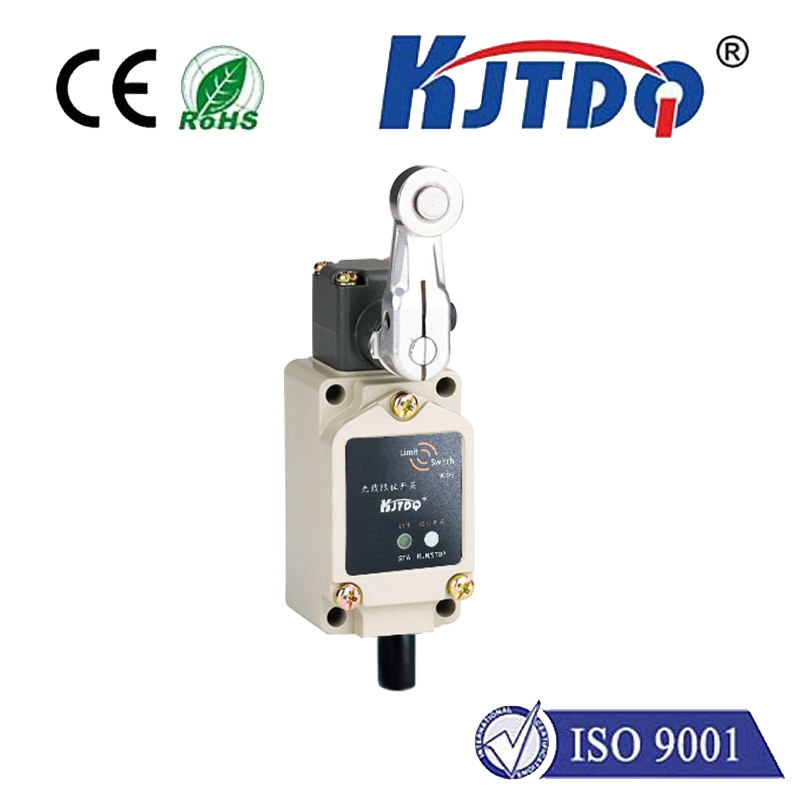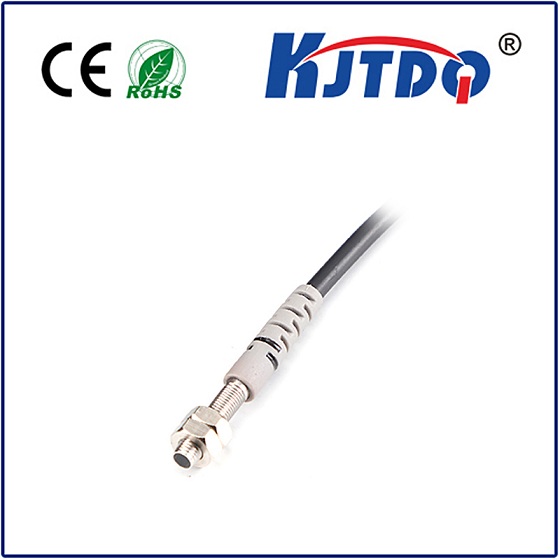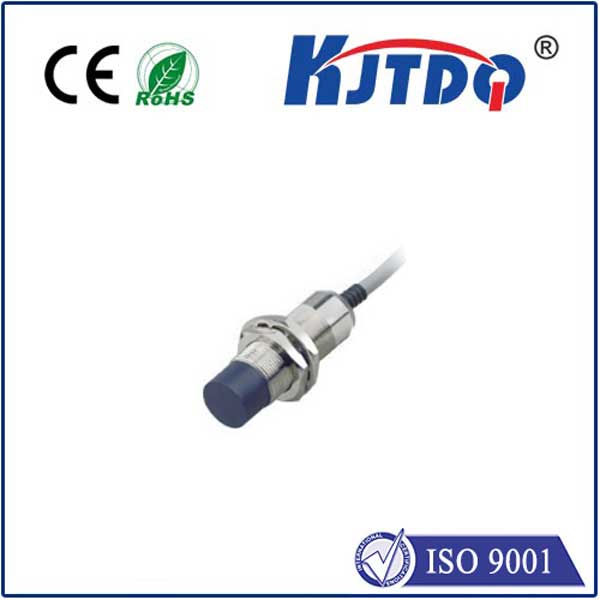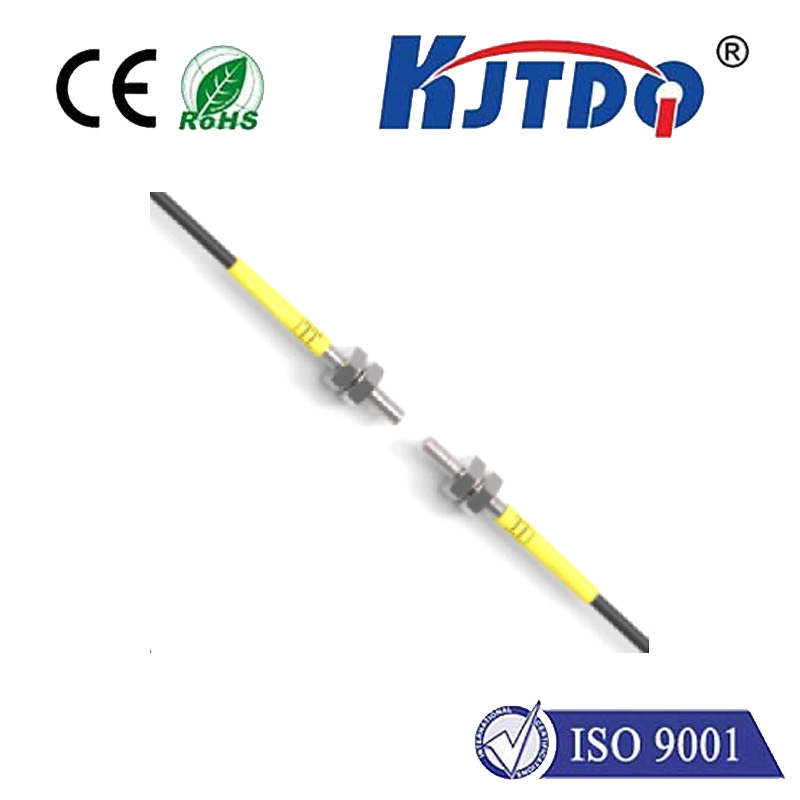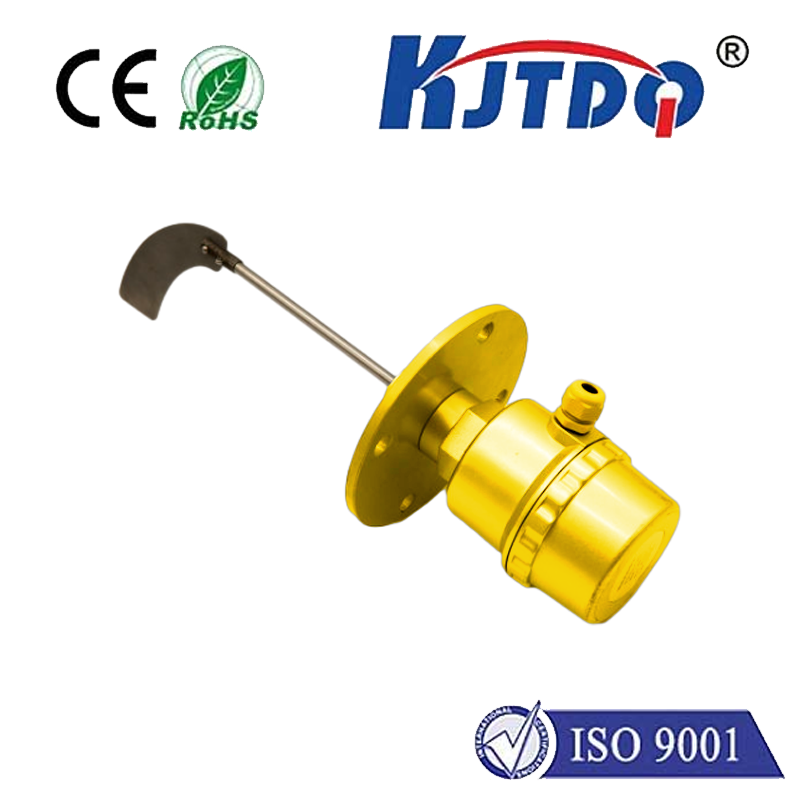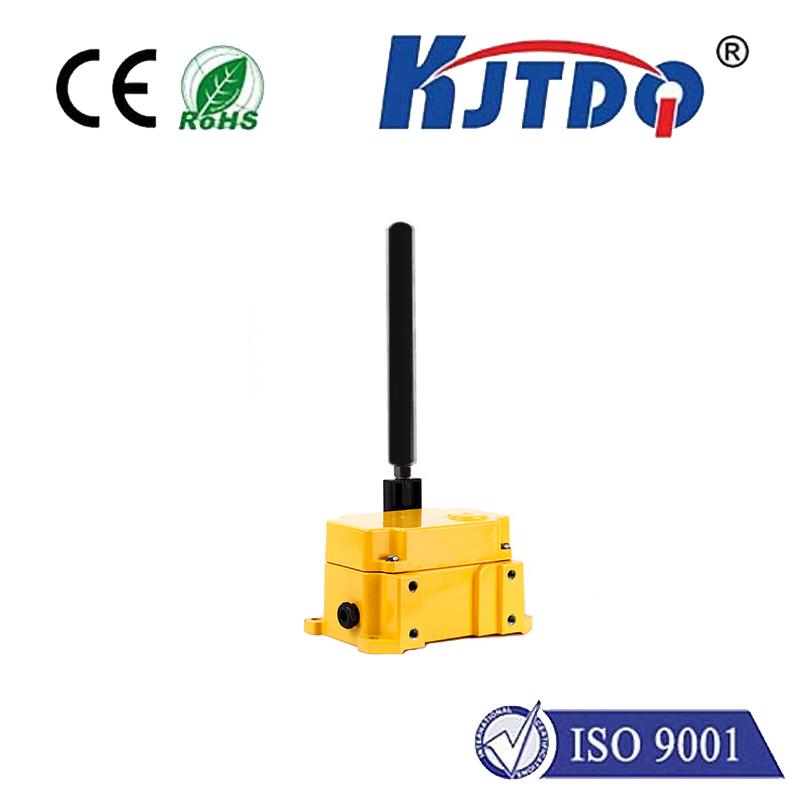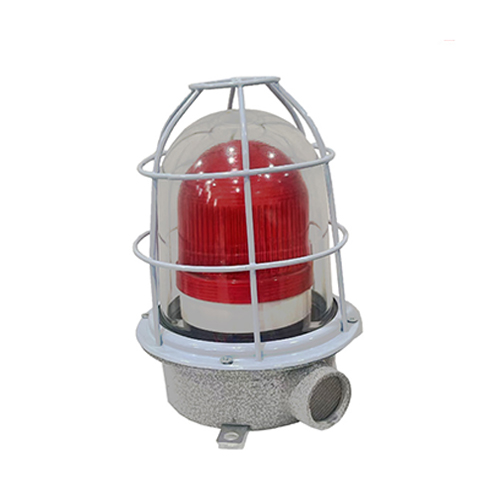Название: Чудо датчика магнитной скорости
- time:2024-10-20 00:07:06
- Нажмите:0

Introduction
In the realm of modern technology, the magnetic speed sensor stands as a testament to human ingenuity. It is an instrument that has carved a niche for itself in various applications due to its ability to measure linear or rotational velocity accurately and precisely. This article delves into the world of magnetic speed sensors, exploring their functionality, applications, and the benefits they bring to industries.
What is a Magnetic Speed Sensor?
A magnetic speed sensor is a device that utilizes magnetic fields to detect changes in position, velocity, or acceleration. It operates based on the principle of electromagnetic induction, where a change in magnetic flux produces an electric current. The sensor comprises a permanent magnet and a coil of wire wrapped around it. As the magnetic field moves past the coil, it induces an alternating current (AC) voltage in the wire, which is directly proportional to the speed at which the field is moving.
How Does a Magnetic Speed Sensor Work?
The working of a magnetic speed sensor revolves around Faraday’s law of electromagnetic induction. When a conductor cuts across a magnetic field, an induced EMF (electromotive force) is generated. In a magnetic speed sensor, the conductor is the coil of wire, and the magnetic field is produced by the permanent magnet. As the object whose speed needs to be measured moves, it causes a change in the magnetic field lines passing through the coil. This change induces an AC voltage in the coil, which can then be measured and used to calculate the speed.
Applications of Magnetic Speed Sensors
Magnetic speed sensors have found widespread use in numerous industries due to their precision and reliability. Some common applications include:
- Automotive Industry: Magnetic speed sensors are integral to the functioning of anti-lock braking systems (ABS), traction control systems, and engine management systems in vehicles. They provide accurate speed data, enabling these systems to operate effectively and enhance vehicle safety.
- Industrial Automation: In manufacturing processes, magnetic speed sensors are used to monitor conveyor belt speeds, motor shaft speeds, and other rotating machinery components. This helps ensure optimal production rates and reduces downtime due to equipment failures.
- Aerospace: These sensors are crucial in aircraft navigation systems, helping pilots determine airspeed and altitude with precision. They also play a role in monitoring engine performance and controlling flight surfaces during landing and takeoff.
- Sports Science: Athletes use wearable devices equipped with magnetic speed sensors to track their running pace, cycling speed, and other physical activities. This data helps them analyze their performance and set training goals accordingly.
Advantages of Magnetic Speed Sensors
There are several advantages associated with using magnetic speed sensors:
- High Precision: Magnetic speed sensors offer high accuracy in measuring speed, making them ideal for applications where even minor errors can have significant consequences.
- Non-contact Measurement: Unlike mechanical tachometers or encoders, magnetic speed sensors do not require physical contact with the moving object, reducing wear and tear on both the sensor and the measured component.
- Versatility: Magnetic speed sensors can be used in various environments and conditions, including harsh industrial settings, outdoor sports events, and aerospace applications.
- Durability: These sensors are built to withstand harsh environmental conditions such as extreme temperatures, vibrations, and shocks, ensuring long-term reliability and performance.
Conclusion
The magnetic speed sensor is a remarkable tool that has revolutionized the way we measure speed in various applications. Its ability to provide precise measurements without physical contact has opened up new possibilities in fields as diverse as automotive engineering, industrial automation, aerospace technology, and sports science. As technology continues to advance, we can expect further refinements in magnetic speed sensors, making them even more accurate, versatile, and durable than ever before.







